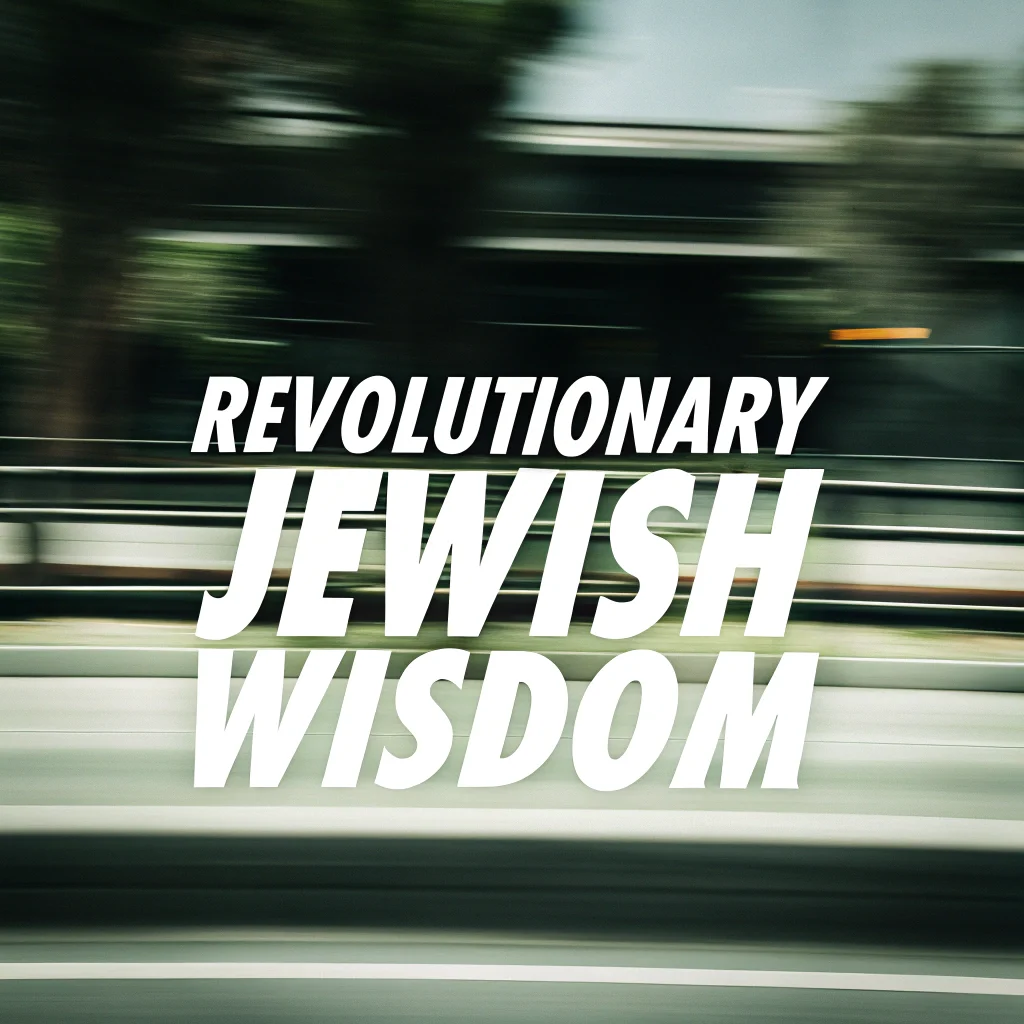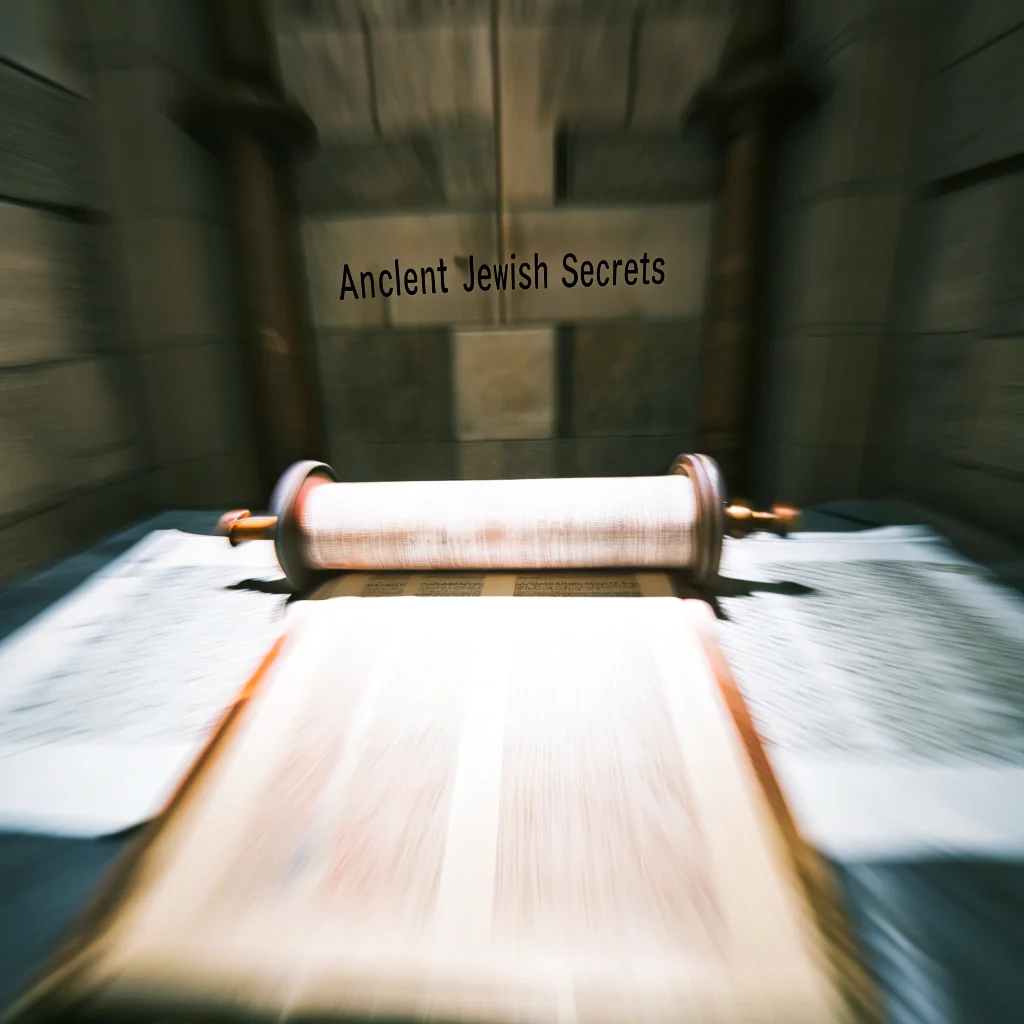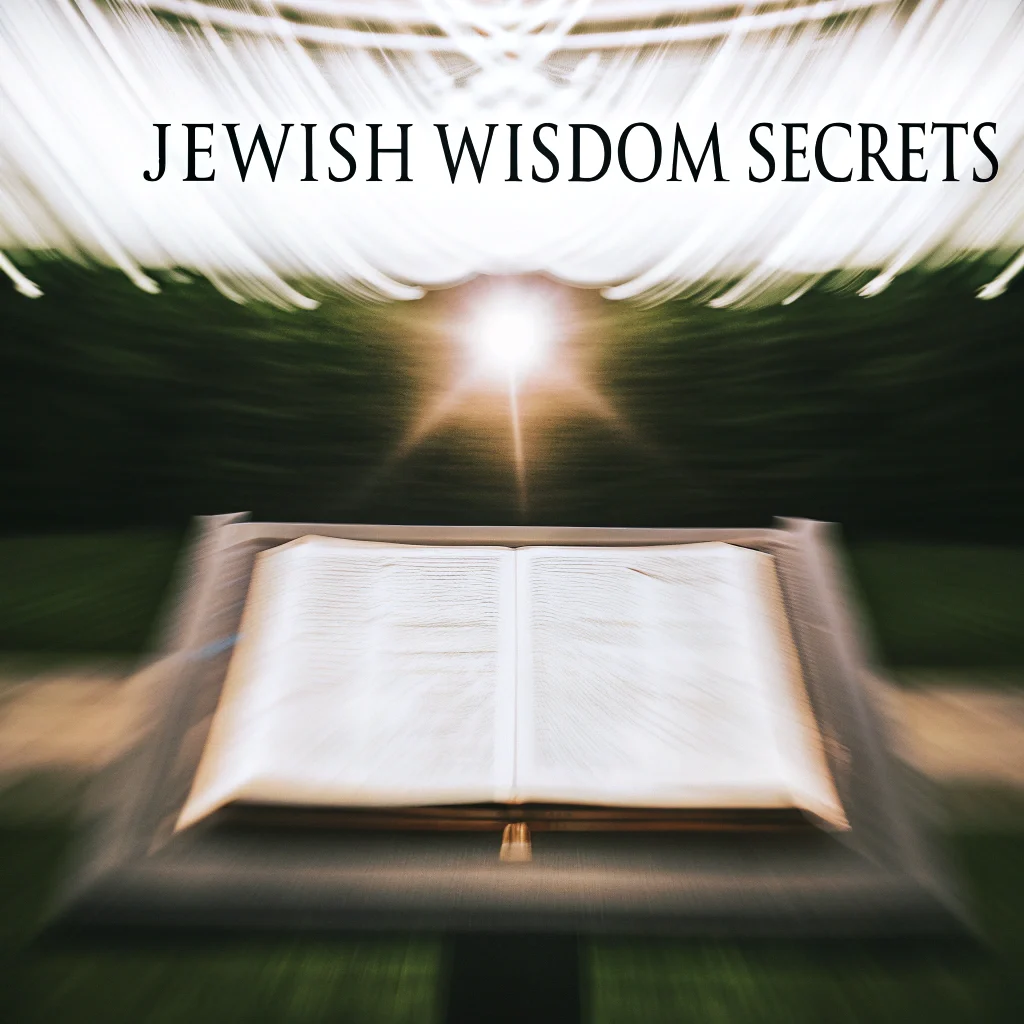“All things are wearisome; no one can utter it; the eye shall not be sated from seeing, nor shall the ear be filled from hearing.” — כָּל־הַדְּבָרִ֣ים יְגֵעִ֔ים לֹֽא־יוּכַ֥ל אִ֖ישׁ לְדַבֵּ֑ר לֹֽא־תִשְׂבַּ֥ע עַ֨יִן֙ לִרְא֔וֹת וְלֹֽא־תִמָּלֵ֥א אֹ֖זֶן מִשְּׁמֹֽעַ
The modern content trap captures millions daily, pulling us into an endless cycle of consumption without satisfaction. Pedestrians rush through the streets. Fingers scroll through endless news feeds. Eyes jump from one image to another. Ears fill with a stream of sounds and words. And somehow—it’s never enough. We always want more.
The ancient wisdom of Koheleth (Ecclesiastes) speaks to us about this strange feature of human nature. We are never fully satisfied with what we see and hear. Why is this happening? And is there a way to find true satisfaction?
Breaking Free from the Content Trap Cycle
The first rays of sun gild the rooftops. Michael wakes up and reaches for his smartphone first thing. Check the news, reply to messages, look at updates. The day hasn’t even begun, yet his eyes are already greedily consuming information, falling deeper into the content trap that defines modern existence.
By noon, Michael has viewed dozens of posts, read several articles, watched videos. But a strange feeling of dissatisfaction doesn’t leave him. It seems like he’s missing something, that something important is happening somewhere else.
The ancient text of Koheleth describes this state with surprising accuracy: “the eye shall not be sated from seeing, nor shall the ear be filled from hearing.” But why does this happen?
The Content Trap: Empty Vessels Seeking Fulfillment
Our mind resembles a vessel that cannot be filled with superficial impressions. We try to fill it with an endless stream of news, entertainment, conversations—but the feeling of emptiness remains. This is the essence of the content trap: consuming more while feeling less satisfied.
Recall the interpretation of the ancient text: “If man exchanges the study of Torah to speak wasteful words, they are only wearisome, and he will not be able to acquire them all. And if he comes to engage in the vision of the eye, it will not be satisfied, and if in the hearing of the ear, it will not be filled.”
Here Koheleth points to a critically important distinction: between superficial consumption of information and true knowledge, deep immersion in wisdom.
Wisdom Beyond the Content Trap: Information versus Knowledge
Today we are surrounded by information like never before. News feeds, social media, videos, podcasts—an endless stream of data passes through our consciousness. But information is not knowledge, and this confusion lies at the heart of the content trap.
Anna works as an editor for a news portal. Dozens of materials pass through her hands every day. “Sometimes I feel like I’m turning into a filter for information noise,” she admits. “More and more data, but less and less meaning. And it’s exhausting.”
Koheleth warned us about this fatigue more than two thousand years ago: “All things are wearisome; no one can utter it.” There is no real satisfaction in meaningless consumption of information—there is only exhaustion.
Escaping the Content Trap: The Path to True Satiation
How do we find a way out of this vicious circle of eternal information thirst and escape the content trap that ensnares our attention?
The answer can be found in the same ancient source. Koheleth says that true satisfaction comes not from endless consumption of the new, but from deep immersion in true wisdom.
Dmitry, a philosophy teacher, shares his experience: “When I read the news, it’s like a quick fast food snack. But when I immerse myself in studying classical texts, it’s like a full meal that really satisfies. After such a ‘meal,’ there’s no desire to endlessly consume something else.”
Practicing Information Mindfulness
How can we apply this ancient wisdom in modern life? Here are some practical steps:
- Separate information from knowledge. Ask yourself: is this just a new piece of information or something that will truly enrich me?
- Set aside time for deep reading. Dedicate at least 30 minutes a day to reading texts that require reflection.
- Practice information fasting. Sometimes it’s useful to completely disconnect from news feeds and social media for a day or weekend.
- Discuss what you’ve read. Conversation about deep ideas helps transform information into real knowledge.
Wisdom for the Digital Age
It’s amazing how a text written thousands of years ago accurately describes the problems of our information age and predicts the content trap we now find ourselves in. Koheleth points to a fundamental feature of human consciousness: superficial consumption never brings real satisfaction.
“The eye shall not be sated from seeing”—this is not just an ancient observation. It’s a diagnosis of our society caught in the content trap, where people constantly scroll through social media feeds looking for something new, finding no satisfaction.
“Nor shall the ear be filled from hearing”—an accurate description of our relationship with the endless stream of audio content, podcasts, conversations that often leave no trace in the soul.
Yet Koheleth does not leave us without hope. He points the way to escape the content trap—returning to deep wisdom, to real knowledge, to meaningful study of what truly has value.
Source: Book of Koheleth (Ecclesiastes), Chapter 1, Verse 8. Translation and commentary based on traditional Jewish interpretations of the text.
Afterword: The text of this article has not been approved by any sage, Torah scholar, or rabbi and is merely a simplified adaptation of the sacred text for general understanding. For comprehension of true wisdom and a deeper understanding of the original text, you should refer to the sources.
This and all other article texts of the Mega-Charity.Org resource express only the personal opinions of the authors who compiled them. They are intended only for general and superficial understanding of the real sources of wisdom. References to which are provided.



